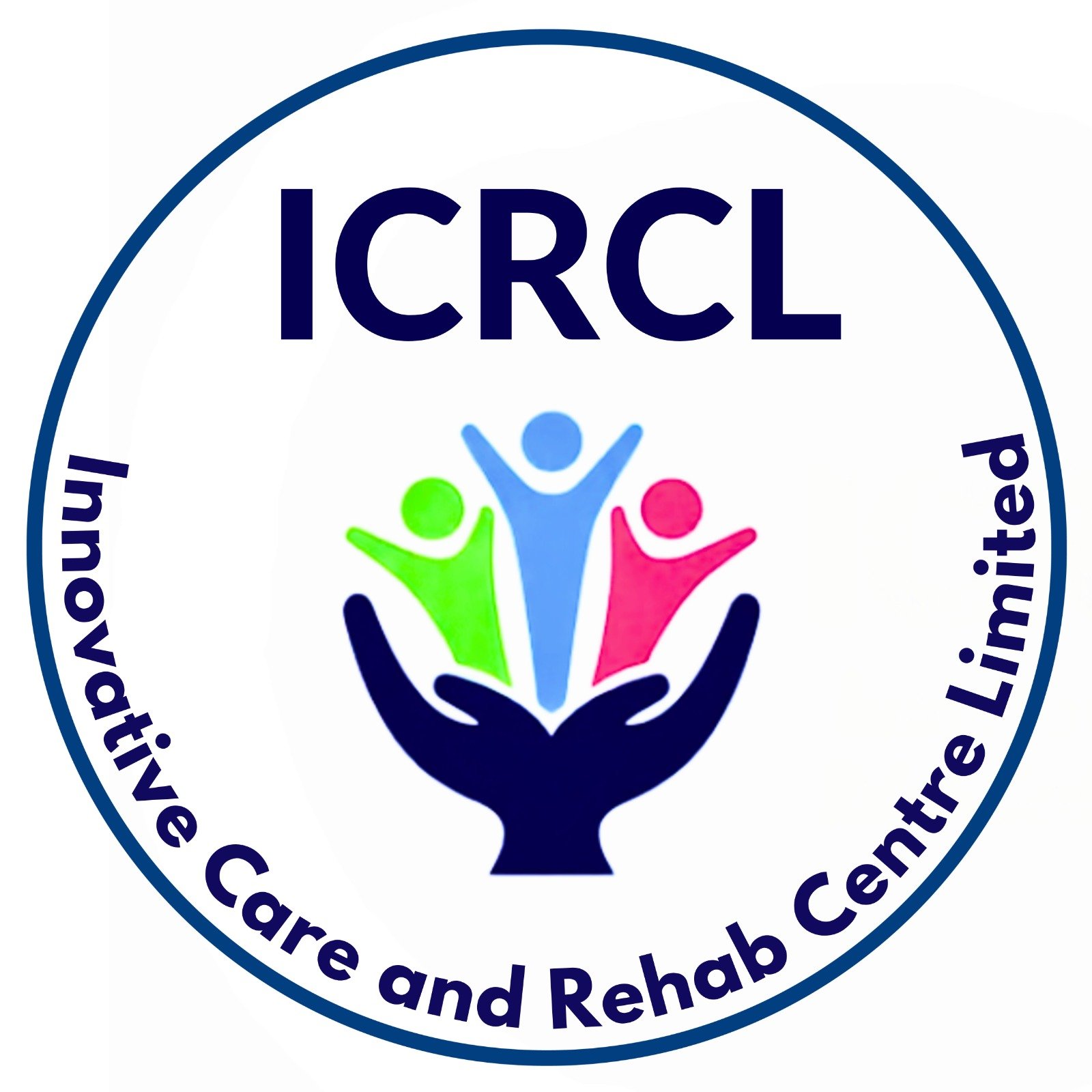The Journey of Neuro Recovery
Neurological rehabilitation is a specialized program designed
for individuals who have experienced a disease, injury, or
disorder of the nervous system. A stroke, which occurs when
blood flow to an area of the brain is cut off, is one of the
most common reasons for neuro rehab. The goal is to harness the
brain's ability to rewire itself (neuroplasticity) to improve
function, reduce symptoms, and enhance the individual's overall
quality of life.

Common Post-Stroke/Neurological Challenges
The effects of a neurological event can be wide-ranging and
impact many aspects of life:
-
Motor Impairments: Weakness or paralysis on
one side of the body (hemiparesis), difficulty with balance,
walking, and coordination.
-
Communication Difficulties: Trouble speaking
or understanding language (aphasia), or slurred speech
(dysarthria).
-
Cognitive Changes: Issues with memory,
attention, problem-solving, and perception.
-
Swallowing Problems: Difficulty swallowing
food and liquids safely (dysphagia).
-
Emotional and Psychological Changes:
Depression, anxiety, and frustration are common during
recovery.
Our Rehabilitation Approach
Recovery is a partnership between our therapists, the patient,
and their family. Our intensive, one-on-one programs include:
-
Physiotherapy: Focused on improving strength,
balance, and mobility. We use targeted exercises and
functional activities to help patients relearn movements like
standing, walking, and climbing stairs.
-
Occupational Therapy: Concentrates on
regaining independence in daily life. This includes activities
like dressing, cooking, and bathing, as well as adapting the
home environment for safety.
-
Speech and Language Therapy: To recover
communication skills, work on cognitive-linguistic tasks, and
provide strategies for safe swallowing.
-
Patient and Family Education: Equipping you
with the knowledge and techniques to continue progress at home
and prevent future complications.
Our Aim and Achievements
Our goal is to help each individual achieve the highest level of
independence and function possible. We define success by our
patients':
-
Ability to walk safely, with or without an assistive device.
-
Improved use of their affected arm and hand for meaningful
tasks.
-
Capacity to communicate their needs and reconnect with loved
ones.
-
Renewed confidence in performing daily activities
independently.
-
A clear understanding of their condition and how to manage it
long-term.

